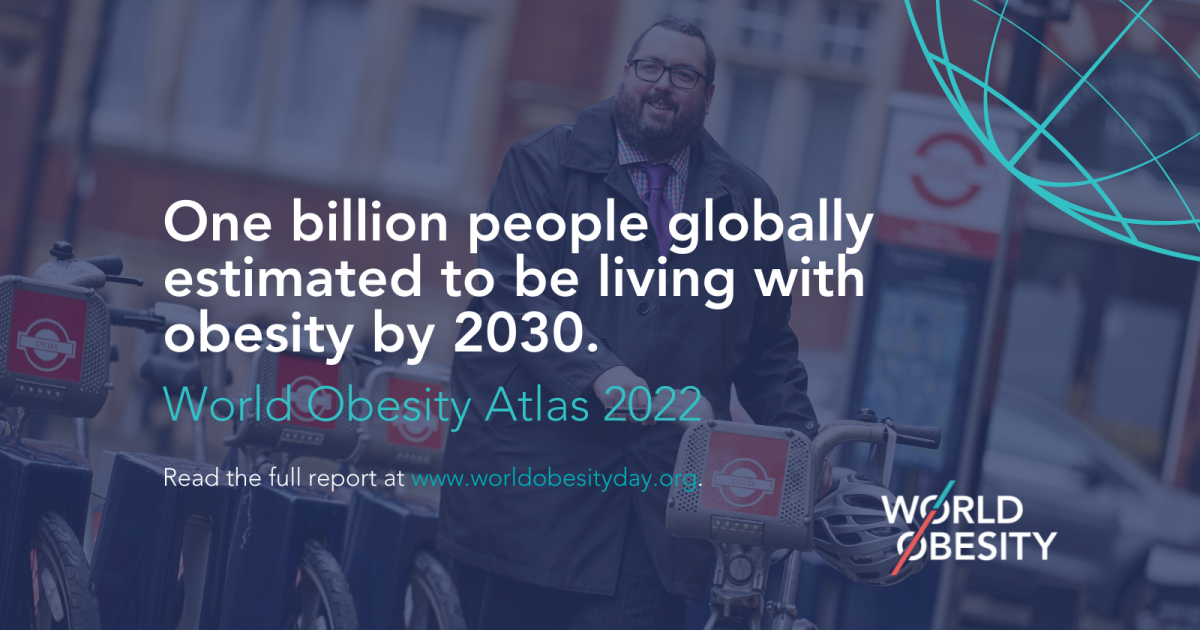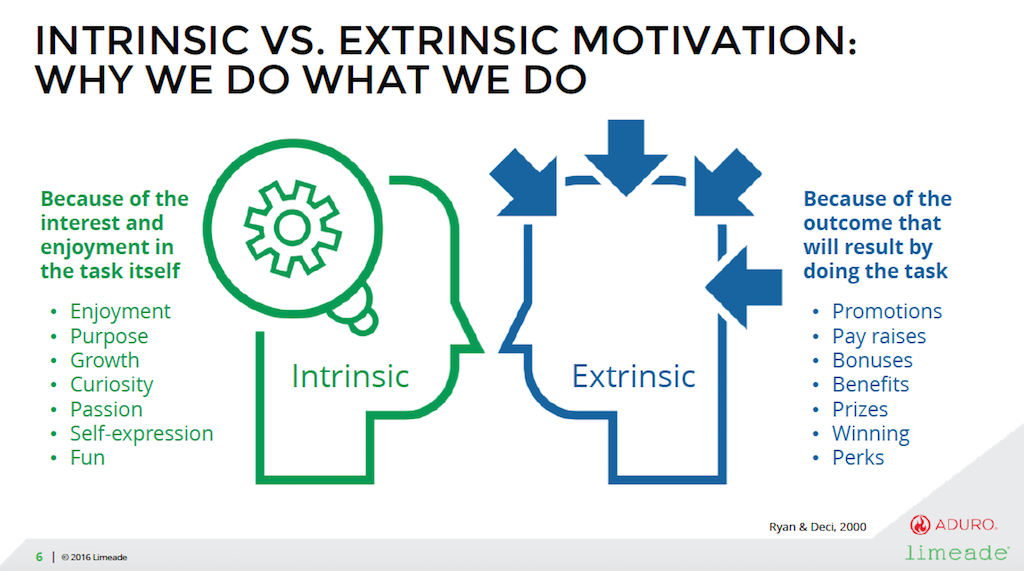
Obesity is increasing both in number and reach across North America, other Westernized countries, Asia, the Near and Middle East, Western Pacific regions, and Sub-Saharan Africa.1 Weight as a topic has become pervasive and viewed in moral terms during public settings, media discussions, and policy discourse.2
However, as such platforms increased discussions regarding obesity/morality, said condition has continued to grow. The following will sections will consider current attitudes regarding obesity and the effects of the same upon such a population.

Tauber et al2(2) stated that scholars and politicians have debated the morality behind obesity as a means of increasing motivation and healthier behaviour. However, research has indicated that such approaches has led to deeper maladaptive health behaviours, unhealthy eating, and avoidance of public settings such as fitness centres.2(2)
Additionally, obese individuals reported feelings of discrimination and weight stigma; factors which depict people as lacking focus, willpower, with lazy and gluttonous behavior. Ultimately, stigmas have been closely associated with discrimination, and has done little to increase intrinsic motivation to change behavior.2(2)

Intrinsic motivation (IM) can be viewed as living on a continuum, which is a state of mind that reflects complete autonomous behavioral regulation. Conversely, extrinsic motivation (EM) reflects completely controlled behavioral motivation.2(2) IM is key in changing behaviors because individuals that are autonomously motivated experience feelings of volition and self-endorse their own actions.
In contrast, those who experience controlled motivation often report feelings of pressure to behave and think in external, pre-determined ways.2(2) Thus, autonomous motivation is associated with greater mental health, adherence to healthy behaviours, and persistence.

If nutritionists wish to induce sustainable efforts and IM, such individuals must foster and instill a sense of autonomous motivation; said approach facilitates a beneficial adaptive strategy to lose weight. Conversely, nutritionists must be cautious to avoid instilling controlled motivation as it is related to less adaptive strategies and poorer weight loss outcomes.2(2)Essentially, determining and implementing the appropriate type of motivation is highly relevant.
Tauber et al2(4) explored such topics to includea study which experimentally varied whether the public’s stigmatized view revolved around people with overweight and obesity being immoral vs. incompetent. A second study included a survey that placed focus on weight bias internalization sampling adults across the weight spectrum. Said study tested the suggestion that internalized weight bias predominantly reflected threats to morality.2(4-5)

Study 1 indicated that when an individual who is overweight/obese is exposed to a weight stigma that suggests they are immoral and thus globally flawed (i.e., lazy, glutenous), such an individual reported heightened fear of condemnation upon their social-image.2(10) Thus, fear of condemnation motivated individuals quickly implement highly visible responses to weight stigma.
Tauber et al2(10) postulated that said reaction reflected a functional approach to managing acute threats upon moral image, and did not appear to support individuals with overweight and obesity to reduce their body weight.2(10) When individuals experienced a sense of incompetence, they experienced feelings of shame which motivated a less visible (but more efficient) route to healthier living; a scenario which is a positive predictor of constructive motivation and self-change.2(10)

Study 2 determined that individuals with weight bias internalization (internalization of negative weight stereotypes and subsequent self-disparagement) came from moral aspects of weight stigmas and condemnation from others, not from a lack of competence.2(11) Furthermore, individuals who experienced condemnation from others was reported to be a strong predictor of weight bias internalization and induces an immoral sense of self amongst obese/overweight said population.
Such a state of being imposes a near constant state of threat upon individuals’ moral social image. The challenge with such a predicament is that such behaviors are less efficient in facilitating weight loss and/or eating healthier.2(12) Ultimately, the above study demonstrated strong support that weight bias internalization promoted less self-determined regulation of dieting and exercising, andmore other-determined regulation.2(12)
In conclusion, it is essential to acknowledge that viewing obese individuals as immoral (i.e., lazy, gluttonous) will directly and negatively impact such a population’s mental health and weight loss success. Although research suggests that feelings of incompetence provides some positive outcomes, such a label still contains residues of negative connotations that may stifle long lasting positive behavioral changes. Conversely, an approach steeped in moral neutrality and devoid of incompetent suggestions would likely be a better method when engaging individuals who are obese.
References
1. Kirch S. Diabetes and obesity-An evolutionary perspective. AIMS. 2017;4(1):28-51. doi:10.3934/medsci.2017.1.28.
2. Tauber S, Gausel N, Flint SW. Weight bias internalization: The maladaptive effects of moral condemnation on intrinsic motivation. Front Psychol. 2019;9:1-15. doi:10.3389/fpsyg.2018.01836.
-Michael McIsaac
